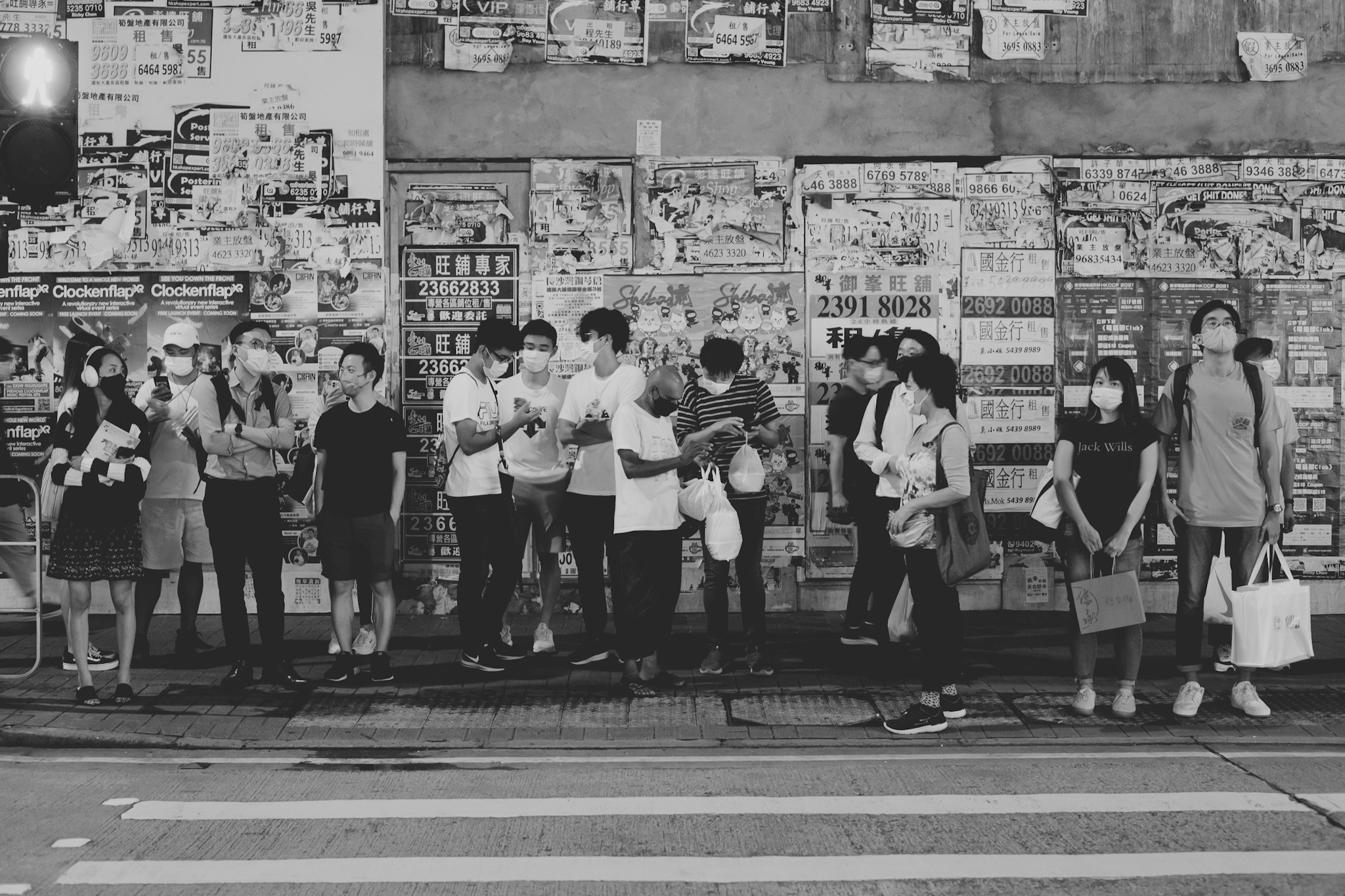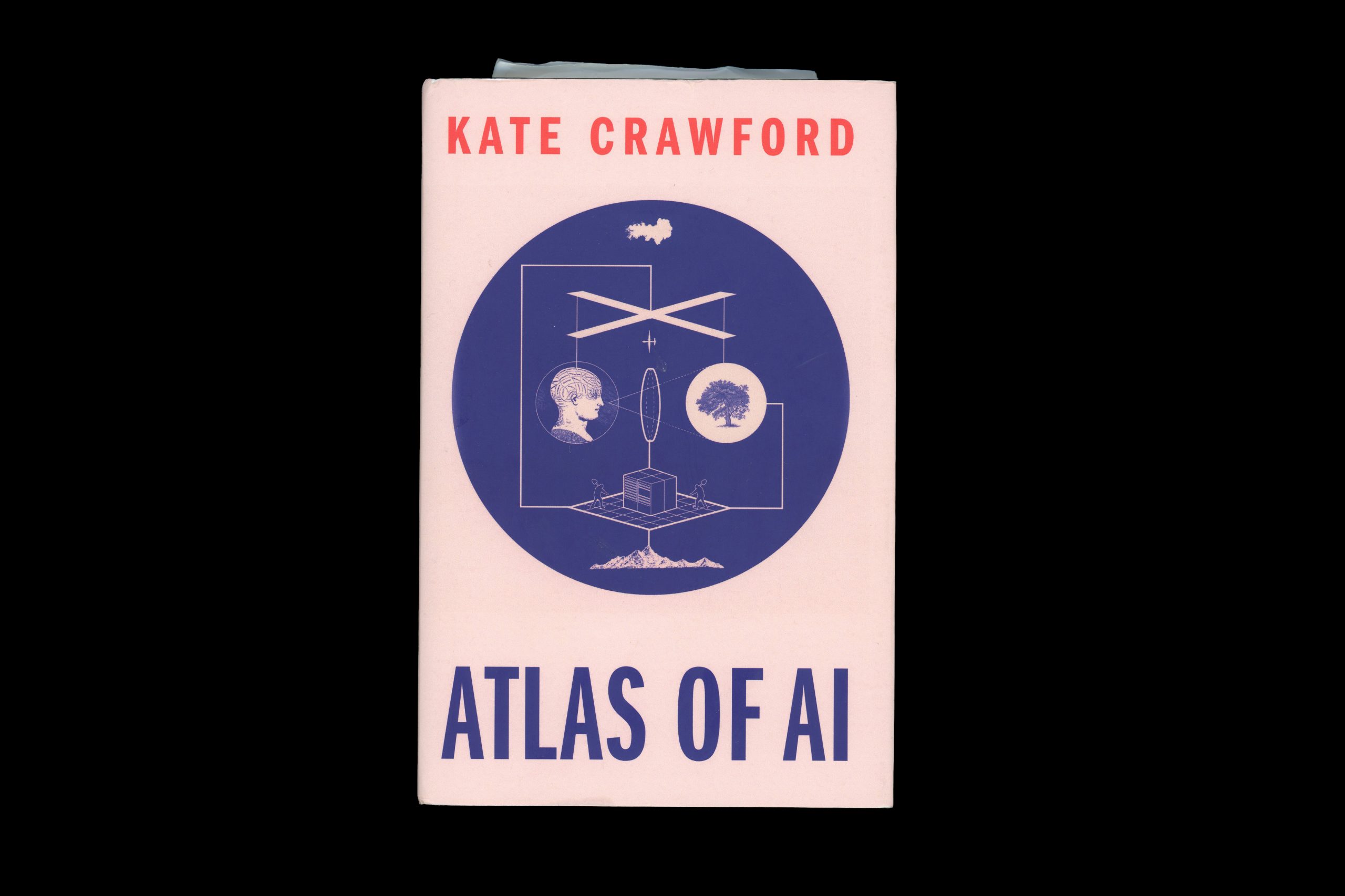There I sat, defeated after another grueling day at the computer. I’ve always counted my blessings for the chance to ply my trade in a field where many people often ask “how do you get into your industry?” But I suspect that beyond luck and “passion,” there are a few lesser-known characteristics that have allowed some of us the chance to forge a proper and fruitful career doing what we love.
In this month’s Editor’s Letter, Eugene weighs in on our changing relationship between the process and the outcome. We’ve now increasingly been open to the idea of bringing people along for the ride and letting them experience the journey of imperfection and challenge. But what does that mean for expectations when we let them see it all?
The last 6-8 weeks have been a series of personal uncertainties, mostly due to a deep introspective look at what interests me today, how much these things interest me, and what could interest me even more. I soon came to the realization that my current set of opportunities and experiences lack that ability to impact a decision meaningfully.
Previous
Next
Recent Stories
Making It Up
- March 25, 2022
- BY: Making It Up
Eugene and Charis discuss Buy Nothing groups/movement and what a change in platform means for their participants. They also talk about Kevin LaBuz’s article “Grandma’s Pierogis” about how corporate culture is created and knowledge passed on.
- January 24, 2022
- BY: Making It Up
Eugene and Charis discuss what it means to pay close attention to anything. They also talk about the benefits of tribalism.
- January 8, 2022
- BY: Making It Up
Charis and Eugene talk about key moments in culture in 2021 and reflect on significant changes that will carry forwards.
- December 31, 2021
- BY: Making It Up
Eugene and Charis discuss the new Substack started by the authors George Saunders for readers to closely read and consider short stories. They also talk about concerns raised regarding the future of web3—mainly the possibility that it will become an extension of web2 with a new veneer.
- December 17, 2021
- BY: Making It Up
Charis and Eugene talk about The Krause House, a Decentralized Autonomous Organization (DAO) that has the longterm goal of purchasing an NBA team. They also discuss the decreasing audibility of dialogue in movies and the many reasons why that’s the case.
- December 2, 2021
- BY: Making It Up
Eugene and Charis discuss an essay by Sherry Ansari published in Culture study on how Peloton provides fitness with a “Health At Every Ability” attitude. They also talk about the waning UK soft power and how soft power is growing for other countries.
- November 24, 2021
- BY: Making It Up
Charis and Eugene talk about the allure of better sleep fueling an industry of sleep-related products. They also discuss how a rise in online shopping in combination with pandemic factors has lead to supply chain issues.
- November 15, 2021
- BY: Making It Up
Eugene and Charis discuss Facebook’s bet on the metaverse and what the allure of the metaverse is. They also discuss dating apps that prioritize an audio experience.
- November 3, 2021
- BY: Making It Up
Charis and Eugene talk about a recently released whitepaper that summarizes findings from a recent survey of independent creators. They also discuss how to price your art as an artist.
- October 25, 2021
- BY: Making It Up
Eugene and Charis discuss an essay written by Paul Jun, “The Four Dirty C-Words of the Internet”, and breakdown the usage of the words content, culture, community, and creator. They also talk about memes as shared language and the conduit through which beliefs are transmitted.
- October 18, 2021
- BY: Making It Up
Charis and Eugene talk about the global appeal of Squid Game and the possibility of supposedly niche cultural entertainment going viral. They also discuss the importance of Frances Haugen, the latest Facebook whistleblower, coming forward to testify about the need for social media platform regulations.
Previous
Next
Offline Matters
Artificial intelligence has been integrated into our everyday lives to a shocking degree. Walking down the street, we may not be consciously thinking about this. Understanding the process of this relentless integration can help us all know how our current reality has come to be. The new book, by Australian author Dr. Kate Crawford, Atlas of AI: Power, Politics, and the Planetary Costs of Artificial Intelligence helps to bring these two words down to earth, grounding the concept in social, political, environmental, and economic realities. Crawford has put in the hours to understand AI, and now readers can get to know it themselves.
Much of Sontag’s writing in On Photography revolves around the power photographs wield, as she argues that the quintessential nature of photographs is that they derive directly from reality. This is why they hold a certain authority, a certain sense of “realness” that works in other media, such as paintings, do not. Sontag writes that “Instead of just recording reality, photographs have become the norm for the way things appear to us, thereby changing the very idea of reality, and of realism.”
Previous
Next
Support MAEKAN —
We are an independent creative publication bringing you stories about unexpected connections in culture. We are proud to offer an ad-free experience.
Learn more about MAEKAN
















